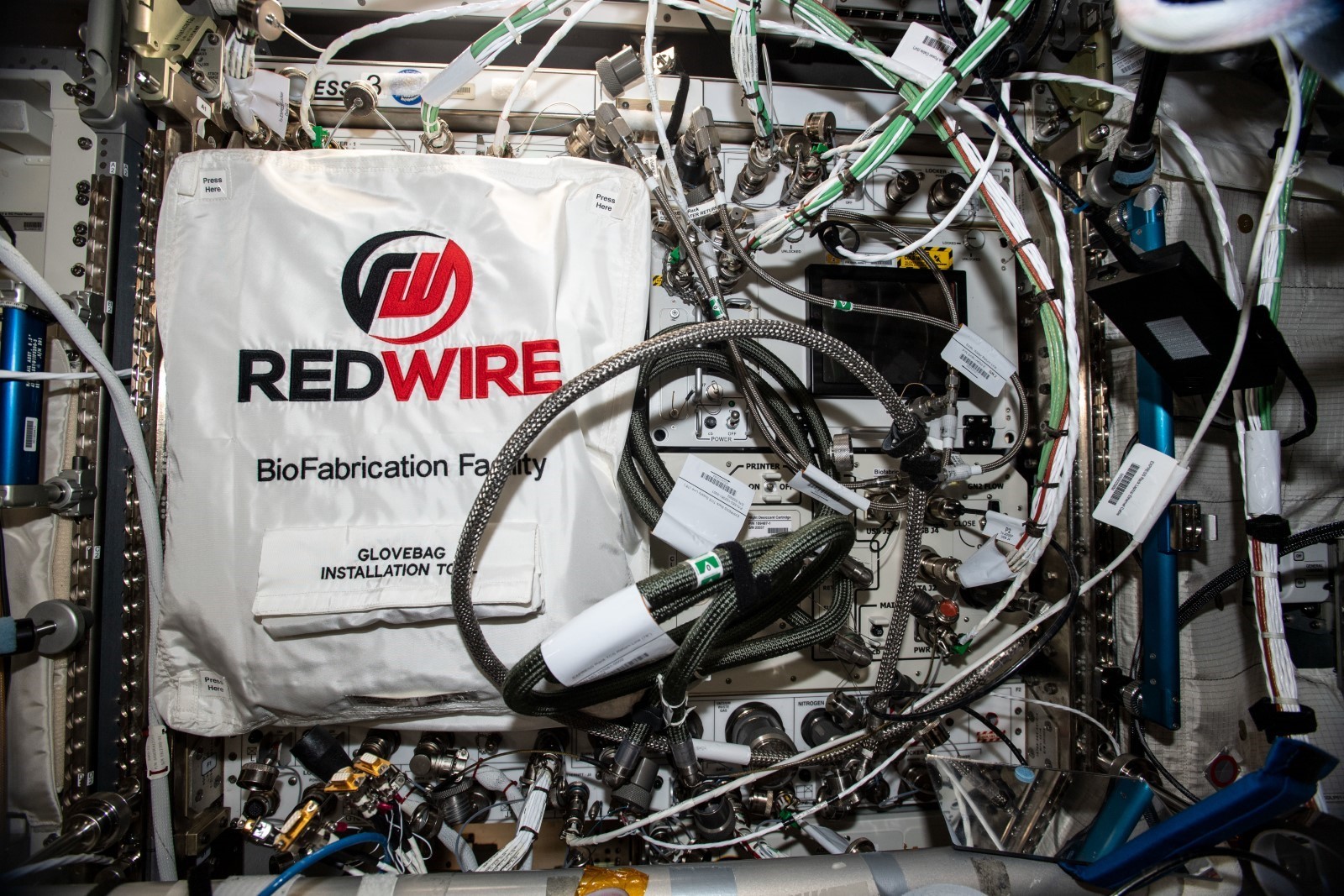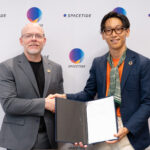
Redwire’s 3D BioFabrication Facility (BFF) has transformed the bioprinting space and will continue to do so as America’s first bioprinter with a permanent home on the International Space Station (ISS).
In late January 2023, NASA astronauts successfully installed an upgraded BFF that allows greater temperature control when printing with bioinks that are sensitive to temperatures, as well as Redwire’s Advanced Space Experiment Processor (ADSEP), used in conjunction with BFF. Both payloads launched on Northrop Grumman’s 18th commercial resupply mission to the ISS on November 7, 2022. BFF will be used to produce a full 3D printed human knee meniscus with the BFF-Meniscus-2 investigation, which will explore how space bioprinting could help treat meniscal injuries affecting U.S. military service members.
After NASA Astronaut Josh Cassada loaded test cassettes from ADSEP and new bioinks into BFF, our Payload Operations Control Center took over to test the new facility’s ability to finely control the temperature of the print heads, a new capability for BFF. Teams completed two successful complex test prints with a variety of bioink viscosities. No human cells were included in these test prints, and the test cassettes will be returned to Redwire for refurbishment and future reuse.
Upcoming BFF Research to Advance Treatments for U.S. Military Service Members
The BFF-Meniscus-2 investigation is a collaboration between Redwire and the Uniformed Services University of the Health Sciences Center for Biotechnology (4DBio3), a biomedical research center that explores and adapts promising biotechnologies for warfighter benefit. Meniscal injuries are one of the leading orthopedic injuries for U.S. military service members.
Once BFF prints the meniscus with living human cells in the bioinks, it will be transferred to ADSEP to be cultured for 14 days to produce the full meniscus. After printing, the meniscus will be stored for return and analysis back on Earth. BFF-Meniscus-2 builds on a 2019 experiment where the BFF 3D printed a meniscus scaffold using bioink derived from human tissue proteins.
As a permanent fixture to the ISS, BFF will be able to explore new opportunities in biomedical and pharmaceutical research.
Learn more about the other payloads that launched with BFF on NG-18 here.




